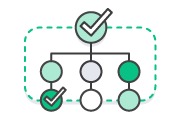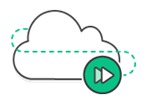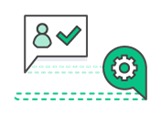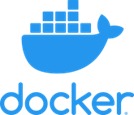DevOps
Author - Sanket Mane

What is DevOps ?
DevOps is a collaboration between development and IT operations to automate and repeat software production and deployment.
DevOps speeds up the delivery of software applications and services within an organisation.
The term 'DevOps' is a mash-up of two words: 'development' and 'operations.'
DevOps is all about making this process work together smoothly and quickly,
so that new software features can be delivered to customers faster and with fewer problems.
It's like teamwork, where everyone works together to make the best !
Lets take an example
Imagine you are baking cookies. The development part is when you come up with the recipe,
gather all the ingredients, mix them up, and shape the dough.
The operations part is when you put the cookies in the oven, wait for them to bake, take them out, and serve them.
DevOps is like making cookies, but for software! Developers are the ones who come up with the ideas and write the code for software,
while the operations team takes care of making sure the software runs smoothly on computers and servers.
Benefits of DevOps:
-
Faster time to market: It allows to release software faster by automating the development, testing, and deployment processes.

-
More reliable software: DevOps emphasizes automation and continuous monitoring, making it easier to detect and fix problems quickly.

-
Reduced costs: By automating repetitive tasks and streamlining processes, DevOps can reduce costs associated with software development and deployment.

-
Rapid Delivery: Faster delivery of high-quality software leads to happier customers and increased customer loyalty.

-
Continuous feedback: It promotes continuous feedback loops between development and operations teams.

Tool used in DevOps by Engineer:
-
Version Control Systems: Git, Subversion (SVN), Mercurial etc .

-
ntinuous Integration (CI) tools: Jenkins, Travis CI, CircleCI, and GitLab CI/CD .

-
Containerization tools: Docker, Kubernetes, and OpenShift.

-
Cloud platforms: Amazon Web Services (AWS), Microsoft Azure, and Google Cloud Platform (GCP).

-
Monitoring tools: Nagios, Zabbix, Prometheus, and New Relic.

-
Collaboration tools: Slack, Microsoft Teams, and Atlassian tools such as Jira, Confluence, and Bitbucket.
